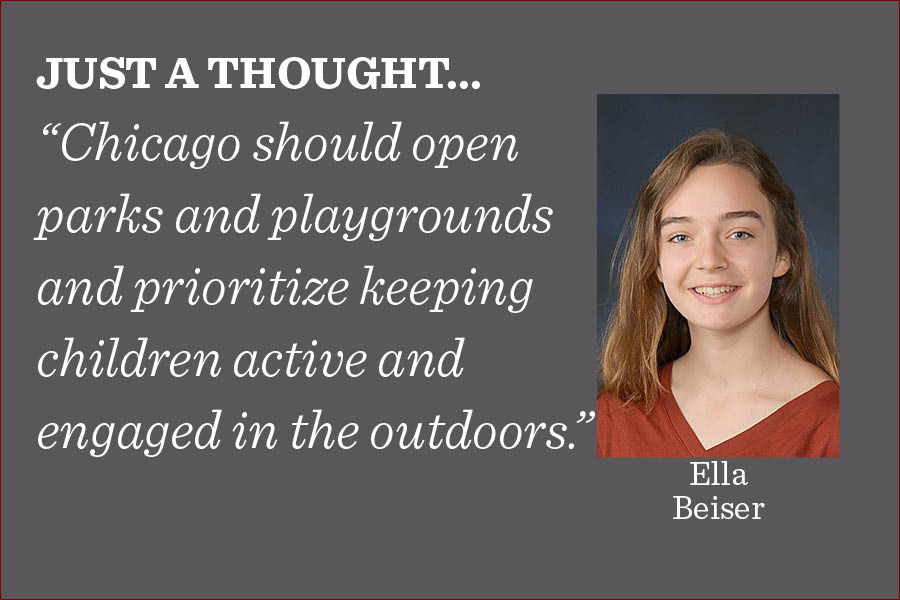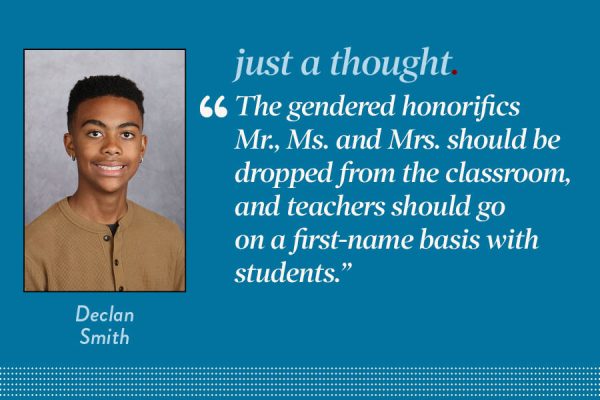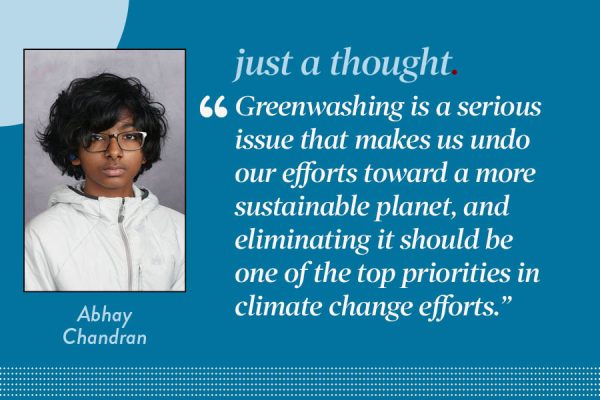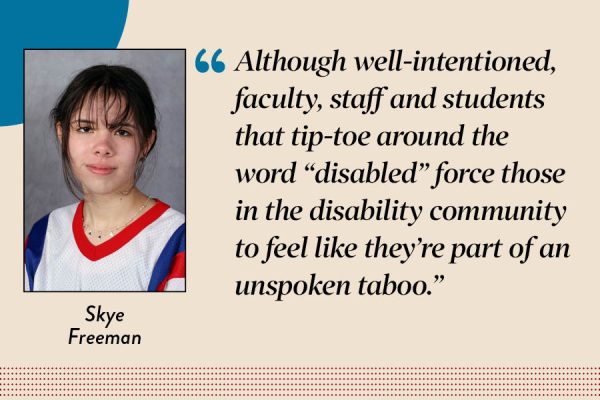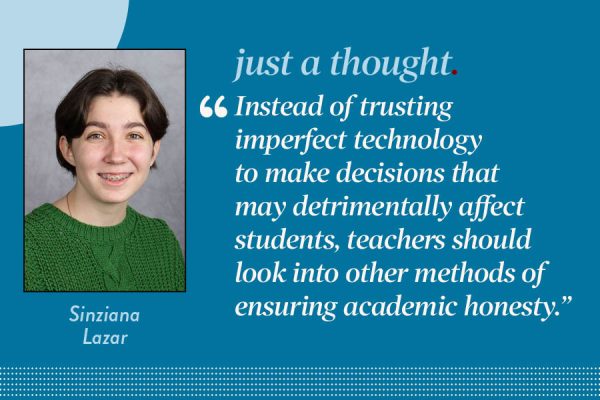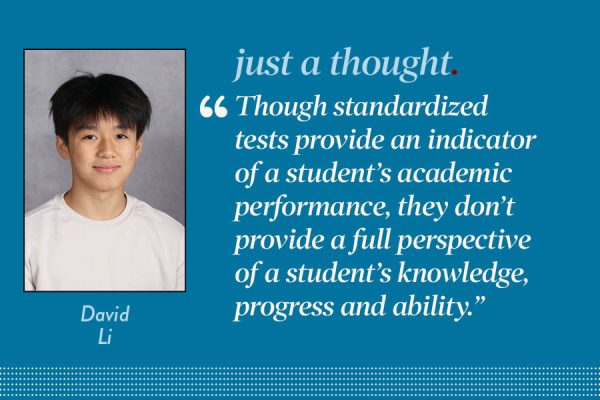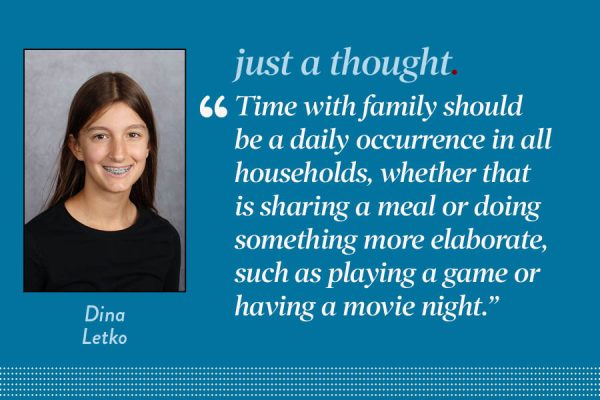Open parks and playgrounds to reduce COVID-19 spread and help families
Midway staff
Parks and playgrounds pose a minimal risk for spreading COVID-19 and should not be overlooked as nonessential as the city of Chicago begins to open businesses and schools, writes editor-in-chief Ella Beiser.
February 25, 2021
Desolate and deserted, Chicago’s parks and playgrounds have been closed for months despite bars, indoor gyms and restaurants opening to partial capacity.
Parks and playgrounds pose a minimal risk for spreading COVID-19 and should not be overlooked as nonessential as the city of Chicago begins to open businesses and schools.
They are a critical component to many families’ daily lives and play an important role in child development. Playing outdoors facilitates creativity, executive functioning and exposes children to a healthy amount of vitamin D, which is important for bone development and the immune system, according to the Harvard Medical School.
Additionally, studies have shown that surfaces are not a significant source of COVID-19 spread, and given that parks and playgrounds are outside, the risk is even further depleted.
That said, if parks and playgrounds were to reopen, they should be used with caution and children should be supervised to ensure they are wearing masks and social distancing.
The city should invest resources to monitor park users and ensure parks do not become a source of COVID-19 spread.
Opening outdoor spaces will encourage people to socialize outdoors rather than indoors, where spreading COVID-19 is far more likely.
Chicago should open parks and playgrounds and prioritize keeping children active and engaged in the outdoors.



